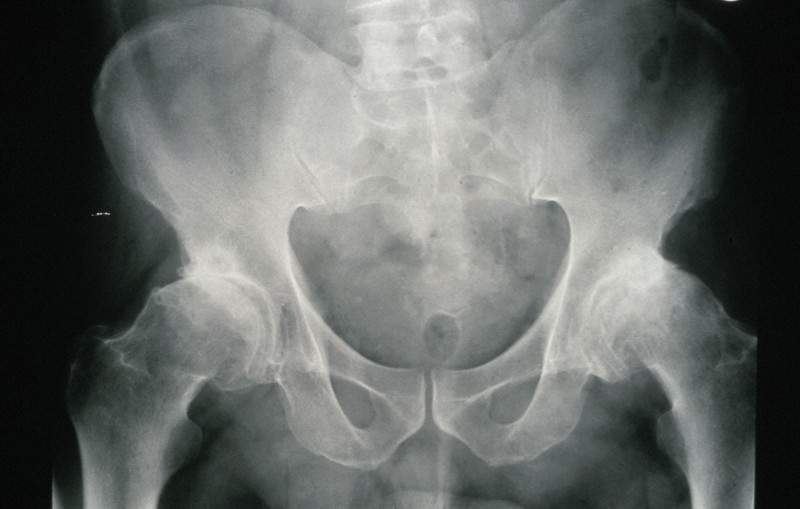
Pfizer and Eli Lilly have reported positive results from a Phase III trial analysing the efficacy and safety of subcutaneous administration of tanezumab in comparison with placebo for the treatment of patients with osteoarthritis (OA) pain of the knee or hip.
The trial met all three co-primary efficacy objectives of pain intensity and physical function, evaluated using the Western Ontario and McMaster Universities Osteoarthritis Index (WOMAC) subscale and patient’s overall assessment of their OA (PGA-OA) scores.

Discover B2B Marketing That Performs
Combine business intelligence and editorial excellence to reach engaged professionals across 36 leading media platforms.
Results showed that both the dosing regimens of tanezumab, 2.5mg and 2.5mg/5mg, were able to offer statistically significant improvement in pain, physical function and patient’s global assessment of their OA over placebo.
The trial analysed changes from baseline to 16 weeks for the co-primary efficacy objectives.
It reported nasopharyngitis (common cold), pain in extremity and paresthesia (tingling or numbing) as the most common adverse events, while tanezumab was found to be generally well tolerated throughout the trial.
Rapidly progressive osteoarthritis (RPOA) was found in 1.3% of patients treated with tanezumab, but was not observed in the placebo arm. No cases of osteonecrosis were reported in the study.

US Tariffs are shifting - will you react or anticipate?
Don’t let policy changes catch you off guard. Stay proactive with real-time data and expert analysis.
By GlobalDataPfizer tanezumab development team leader Ken Verburg said: “The results demonstrated by tanezumab in this study are particularly meaningful, given that patients had moderate-to-severe pain and were unable to achieve adequate pain relief with other treatment options, including opioids and nonsteroidal anti-inflammatory drug (NSAIDs).
“Our goal is to be able to offer tanezumab as a potential non-opioid treatment option for these patients suffering from osteoarthritis pain.”
The 16-week Phase III trial followed a randomised, double-blind, placebo-controlled, multicentre, parallel-group design.
It featured a 24-week safety follow-up period. During the trial, 698 patients were randomised to three treatment arms in a 1:1:1 ratio to receive one injection every eight weeks over the 16-week treatment period.





